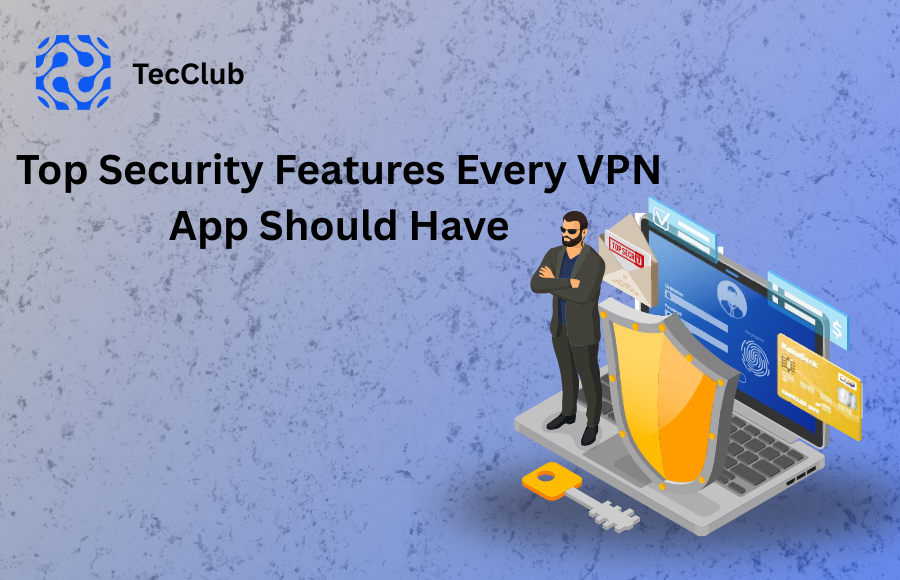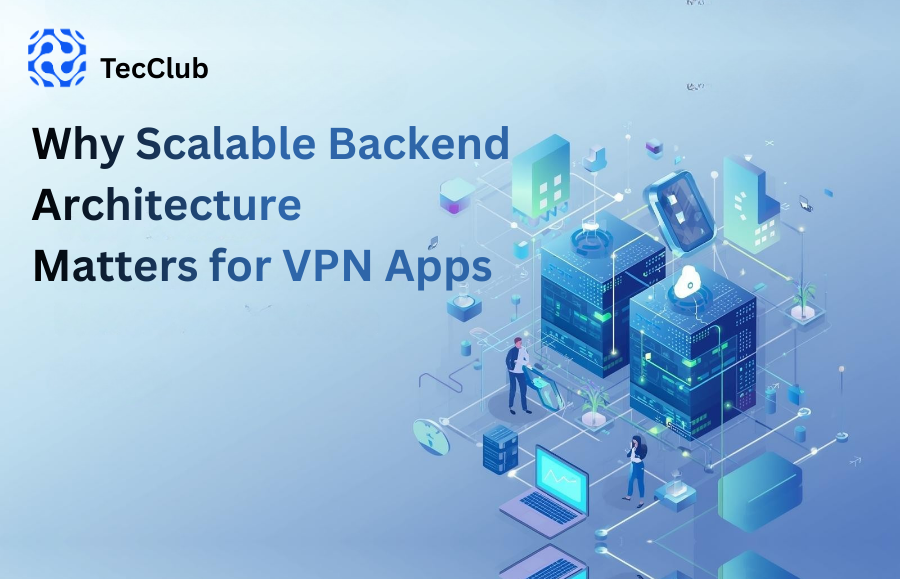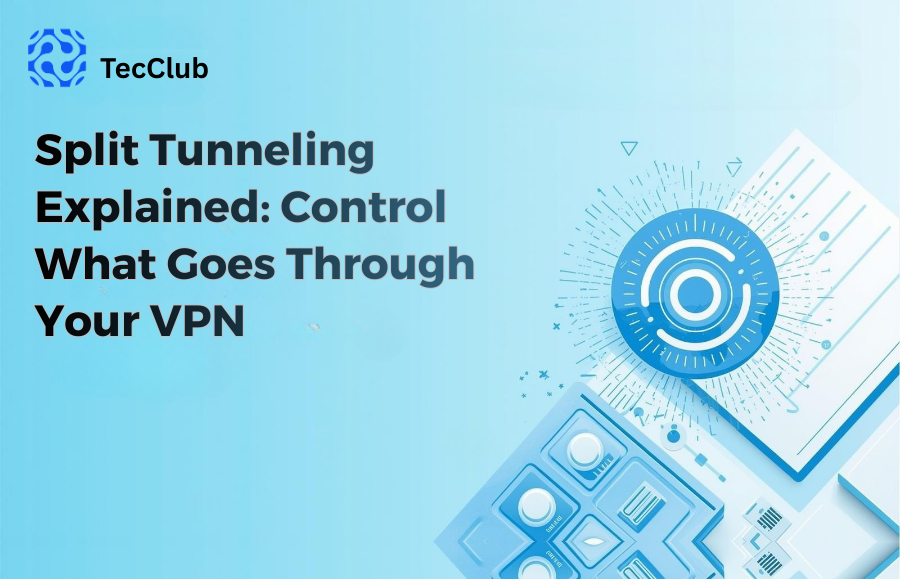
Not all VPN apps are created equal. While some prioritize speed or ease of use, the most important factor is security. With cyberattacks growing more sophisticated, users expect their VPN to deliver more than just encrypted connections—they need complete protection for their data, identity, and online activity.
Whether you’re developing a VPN app or choosing one for personal or business use, understanding the essential security features is critical. Let’s explore the must-have elements that make a VPN app truly secure.

The foundation of any secure VPN is robust encryption. Look for apps that use:
AES-256 encryption (military-grade standard)
Modern tunneling protocols like WireGuard, OpenVPN, or IKEv2/IPSec
These ensure data remains unreadable, even if intercepted.
A reliable VPN should never store user activity logs. A strict no-logs policy guarantees that browsing history, IP addresses, and personal data are not recorded or sold to third parties.
A kill switch automatically disconnects your device from the internet if the VPN connection drops unexpectedly. This prevents your IP address and data from being exposed to hackers or trackers.
Even with encryption, poorly designed VPNs may expose data through DNS requests or IPv6 leaks. Leak protection ensures your true identity remains hidden.

Adding an extra login step (e.g., SMS or authenticator codes) strengthens account security, preventing unauthorized access.
Split tunneling lets users decide which apps or websites go through the VPN and which use the regular internet. This balances security and speed without sacrificing convenience.
Today’s users connect through multiple devices—phones, laptops, and tablets. A strong VPN app must support simultaneous connections without compromising security.
In restrictive regions where VPNs are blocked, obfuscation disguises VPN traffic as normal internet traffic, helping users bypass censorship safely.
VPN apps should use secure authentication methods and operate dedicated servers with advanced firewalls and intrusion prevention systems.
| VPN Type | Typical Pricing | Security Highlights |
|---|---|---|
| Consumer VPNs (NordVPN, ExpressVPN, Surfshark) | $8–$12/user/month (as low as $3–$5/month on annual plans) | AES-256, Kill Switch, No-Logs |
| Business VPNs (NordLayer, Perimeter 81) | $8–$11/user/month | Centralized security, team management |
| Cloud Enterprise VPNs (AWS, Azure) | $100–$1,000+/month | Scalable encryption, enterprise-level authentication |
| Self-Hosted VPNs (WireGuard, OpenVPN) | $5–$50/server/month | Customizable, requires IT expertise |
A VPN app should do more than connect you to a different server—it should deliver end-to-end protection against hackers, trackers, and surveillance. Features like AES-256 encryption, kill switch, DNS leak protection, and no-logs policies are no longer optional—they’re essential.
At TecClub Technology, we believe VPN app development must prioritize user trust, robust security, and seamless usability. Whether for individuals or businesses, choosing a VPN with these features ensures safer, more private online experiences.

